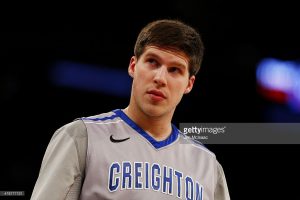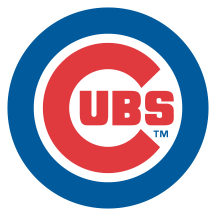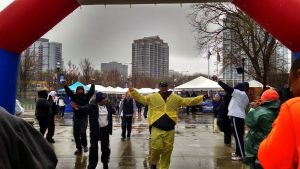By Curtis Black of Community Media Workshop
June 12, 2009 – Media activists say Friday’s conversion to digital television is likely to go relatively smoothly — though some viewers may still be left in the dark, and larger issues of broadcasters’ public obligations remain to be addressed.
The Obama administration helped smooth the conversion, said Mitchell Szczepanczyk of Chicago Media Action, by postponing it and devoting stimulus funding to subsidizing consumers’ conversion costs. In addition, new FCC leadership that took public outreach on the issue much more seriously, he said.
Rainbow-PUSH is among community groups providing conversion assistance to Chicagoans, particularly the elderly, said Brandon Evans of the group’s international trade bureau. FCC staffers have been conducting twice-weekly digital conversion clinics there, he said.
Chicago had the highest rate of distress calls of any media market in a test run of the conversion last month. About 14 percent of Chicago viewers rely on over-the-air signals and must have digital TVs or converter boxes. Nationally some three million households could be unprepared for the conversion, according to an estimate from Nielsen.
A 2007 petition by 28 public interest groups led by the Benton Foundation called on the FCC to issue rules spelling out public interest obligations for digital broadcasters, including local programming, support for media access, and enhanced campaign coverage. It’s still pending, but the new acting chair of the commission, Michael Copps, has spoken in support of the groups’ concerns.
Local cable agreements requiring channel capacity and funding for public access television centers provide a model that could be applied to digital broadcasters, said Barbara Popovic of CAN-TV.





Be First to Comment